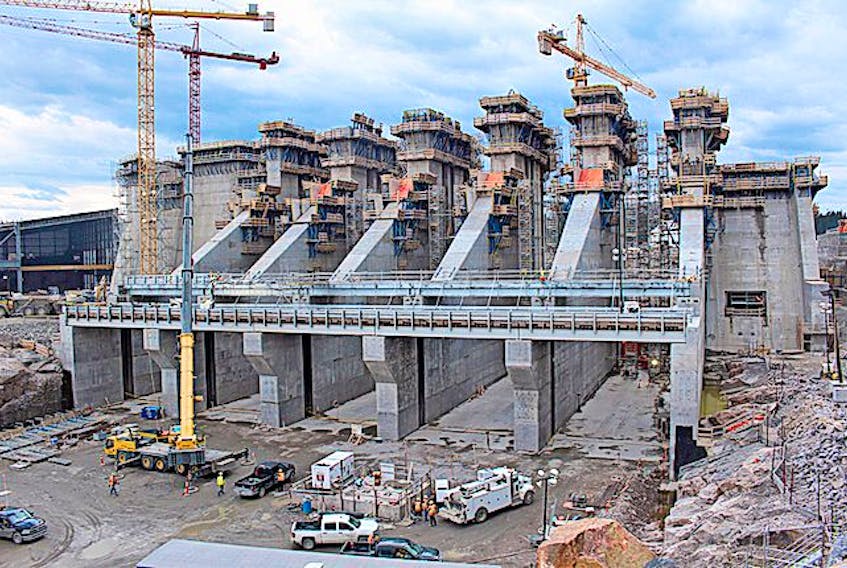The Telegram article of Dec 13th on the Muskrat Falls inquiry panel discussion held at Memorial University this week (“Eclectic N.L. panel discusses how to get the most out of Muskrat Falls inquiry”) refers to a “knowledge gap” prior to the sanction of Muskrat Falls. This is a popular misconception that aligns with the often-repeated hindsight (had we known) theory spoken by politicians of the day and St. John’s Board of Trade people. The real problem was that they were not investing their own money.
It was well known that electrical energy markets were in freefall from shale gas and green energy technologies as mentioned, and technological improvements on the demand side, such as LED lighting and improved efficiencies in appliances and air conditioning.
How many members of the Board of Trade would invest their own money into such a project and rationally expect a decent return?
It was also known that all megaprojects in Canada were going way over budget. It had already been determined that the Hebron project was re-estimated upwards from $5.8 billion to $14 billion and the Vale Inco project was about 100 per cent over budget. To top it off, the senior management at Nalcor had no experience in megaprojects and limited experience in hydroelectric power.
Any knowledgeable group doing real due diligence would have uncovered most of these known facts and risks and, at a minimum, interviewed the lead engineering group, SNC- Laval in, which we now know had prepared a report outlining these issues. How many members of the Board of Trade would invest their own money into such a project and rationally expect a decent return?
The investment banks completed their assessments quickly and loaned their money to the federal government, not the project.
The loan guarantee was done on the basis of Canada’s commitment to 2030 reduction in greenhouse gases and stiff conditions to the province and the ratepayers. Emera protected itself on the overruns, which currently leaves it with 100 per cent ownership of the Maritime Link for 35 years (returned to the province when it needs replacement), 60 per cent ownership on the Labrador in feed, and overall 50 per cent of the power for 12 per cent of the investment (David Vardy’s numbers).
In order to prevent this sort of thing from happening again, a state-owned enterprise cannot be tasked to implement a megaproject.
Nalcor is supposed to be designed after the success Norway has had with Statoil. In fact, Statoil is only two-thirds owned by the state and it is managed by the remaining free enterprise investors. Had Nalcor been set up with one third ownership and complete management by a group like Fortis, we would not be facing an extra $4,000 bill per household per year for the next 50 years.
George Power
St. John’s









